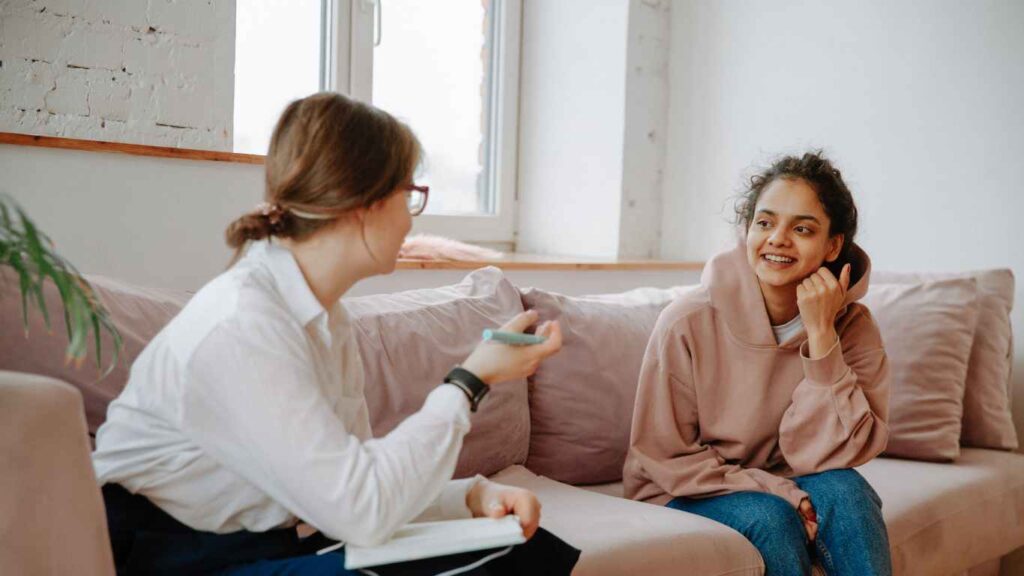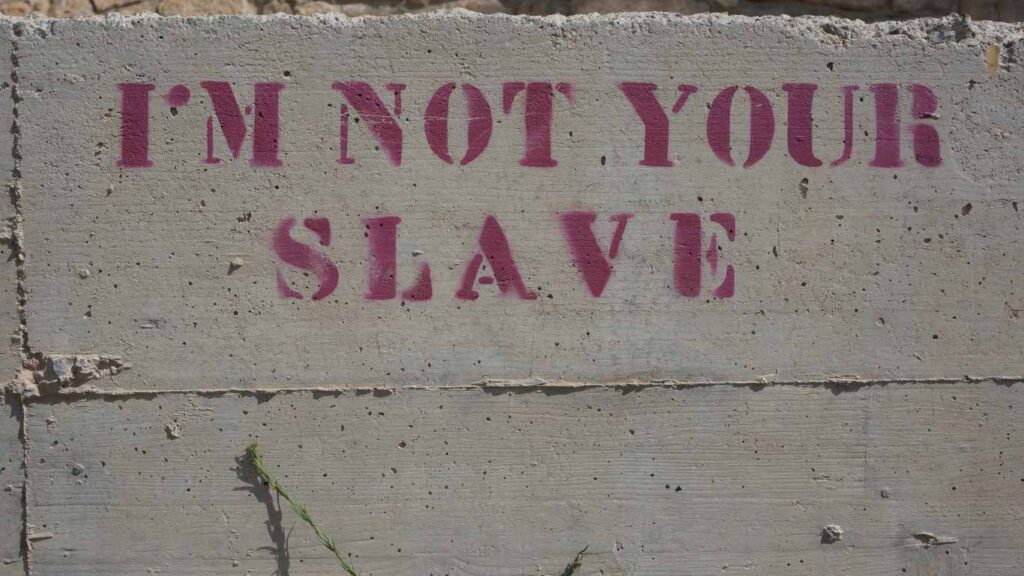Under most situations, a bit of anxiety is normal, and even helpful for keeping us focused and alert. Without any anxiety, we would struggle to stay motivated for an exam, tell other people how we feel or even protect ourselves from the lions in the jungle. However, too often, our anxiety builds up to the point where we feel like shit, and turning to drugs and alcohol can seem our only option sometimes.
In fact, I know how you feel on a Saturday night when all you want to do is get wasted and forget the world (P.S. I went there recently!). I didn’t feel any better the next day, and honestly felt the most anxious in years. Moreover, alcohol has been proven to do many things as you know from one of my articles in the past. Likewise, drugs are even worse, capable of making pre-existing mental health conditions much worse!
Having gone through stressful crap recently, I thought you might want to learn my coping mechanisms and how they can help you and your troubles.
1. Counselling

Although good sleep, diet and exercise can be brilliant for reducing anxiety; I believe counselling is the best way to tackle anxiety at its core. Personally, my counselling sessions have had more of a positive effect than any 5k runs I have done or the strict diet I stick to daily. Despite the fact that a study has confirmed exercise is 1.5 times better at curing anxiety, exercise cannot fully replace the need for counselling, or medicines, particularly if you’re already exercise mad and still anxious.
2. Mindfulness

One good trick I have learned is mindfulness. In layman’s terms, mindfulness is the ability to be fully present, accept your feelings and embrace your circumstances without judgment. How is this done? Mindfulness meditation is the answer! Here are some steps from the NHS to get you started:
- Get yourself into a comfortable place, and breathe in and out for the next 20 minutes with your eyes closed.
- While meditating, focus on your senses you feel in the present moment like what can you hear? What can you smell?
- When you notice your mind getting distracted, focus on breathing and get back to the present.
- Practise makes perfect! Don’t worry if you can’t remove intrusive thoughts or you struggle to breathe naturally as this will come with time.
- Finish your meditation in a calm and collected way! Wind down by focusing on your breath and slowly opening your eyes after a few minutes.
In summary, If you set aside at least 20 minutes for your meditation every day, either in the morning or evening, you should be set! I have found mindfulness meditation to be super useful and you will to.
3. Identifying your anxiety triggers

Similar to practising mindfulness, being aware of what causes your anxiety and what triggers it can be the best approach for tackling anxiety in the long-term. Has there been a situation recently which made you anxious or are you worrying about something which you can recognise as an issue?
My anxiety and my triggers
For me personally, I have anxiety surrounding my career and my own success. Through identifying these issues, I have written them down and thought about them carefully (like with this blog) and used counselling to find my triggers with these insecurities.
Everyone’s triggers are different, and some may be easier to deal with than others, so it’s important to figure out what works best for you in terms of counselling and self-care. If you struggle to find your triggers, please seek counselling or psychotherapy as options to help you resolve your anxiety.
4. Socialising

Perhaps totally underrated sometimes, socialising has been proven to have many benefits which you don’t normally think of such as:
- Reducing your own loneliness which sharpens your own mental and cognitive abilities
- Increasing your own happiness and wellbeing
- Helping you to live a longer life
- Improving your immune system
- Enhancing your memory and reducing your chance of getting dementia
So next time you are on your own and feeling bored, try and think of ways you can socialise more than you do. Go out with your friends for a coffee or why not join a running club – the possibilities are endless!
5. Being more assertive

Surprisingly, assertiveness is not only a great way to boost your inner confidence, but also to reduce your feelings of anxiety, anger and increase your self-acceptance. There are a few ways you can go about being more assertive:
- Being honest about how you feel with others
- Asking for what you want from others
- Sticking to your principles no matter what
- Saying no when you need to
Before you can go about being more assertive, you might wanna consider the following questions:
How has anxiety made you less assertive?
A key question, and one you should ask yourself first! Have you not been able to voice your opinions out of fear of being judged? Or are you afraid of saying no to something you don’t want to do? It’s important to recognise how you feel when you don’t assert yourself and the consequences for your own mental health.
Practising to assert yourself more in conversations and respectfully disagreeing with your friends and colleagues could go a long way to tackling your own anxiety and boosting your self-confidence.
Do you go over things in your head too much when you assert yourself?
Another issue with asserting yourself as an anxious person is the fact you actually did it. You must recognise the good that came from asserting yourself and what you gained from the situation at hand. Afterwards, make sure you note down or tell yourself the things that went well when you start to ruminate.
Always remember that putting your needs first is okay, and your own mental health matters far more that appeasing others or trying to gain approval. While it may be easy to let the world dictate how you should act, you should avoid the temptation and strive for what you want in life.
Conclusion
Remember. there are many tips for tackling anxiety, and the ones listed in this blog post are not exhaustive. More importantly, please make sure you contact the NHS on 111 if you are going through an immediate mental health crisis as they can offer you urgent support for your wellbeing.
